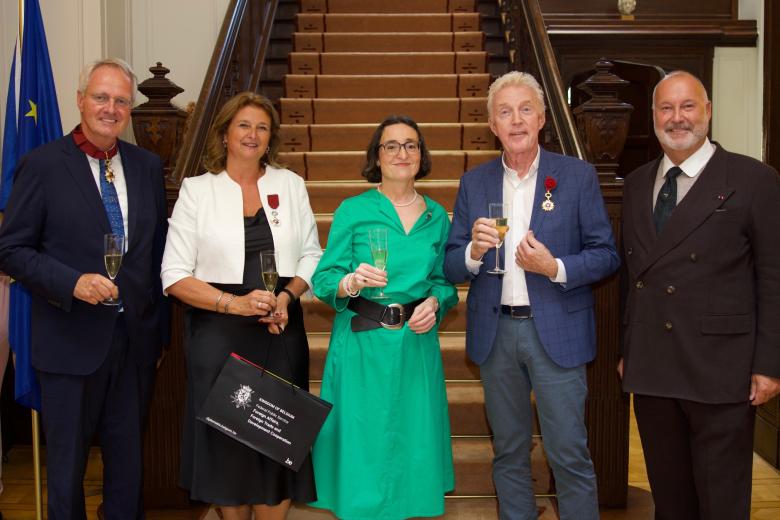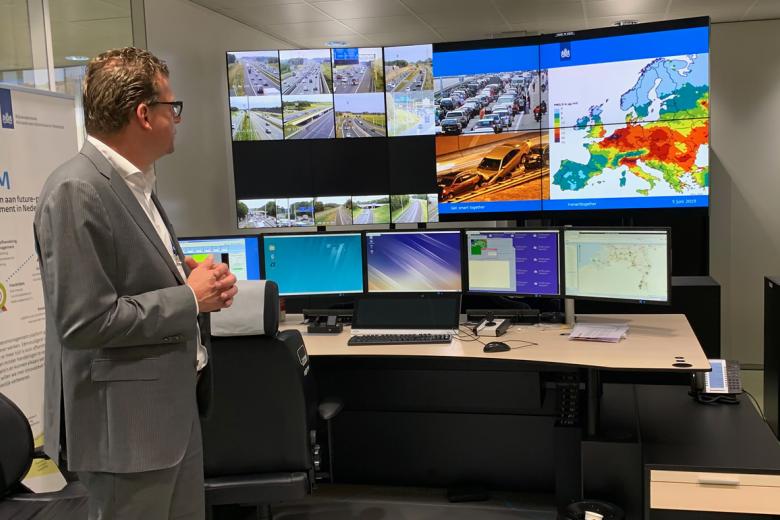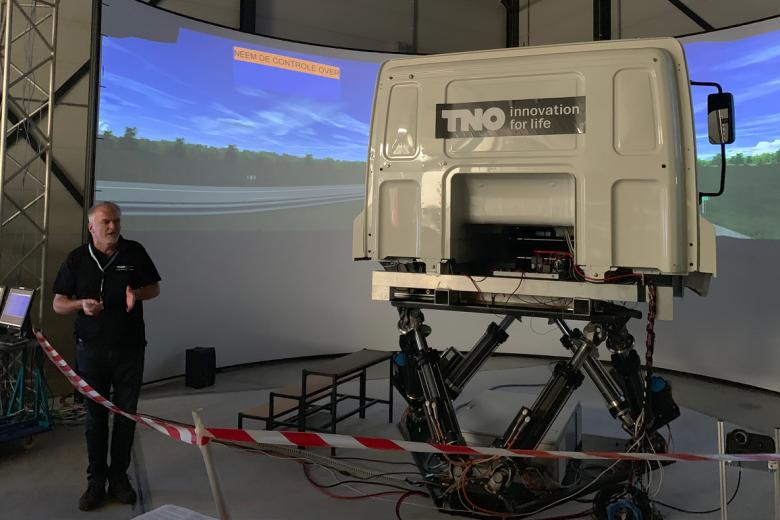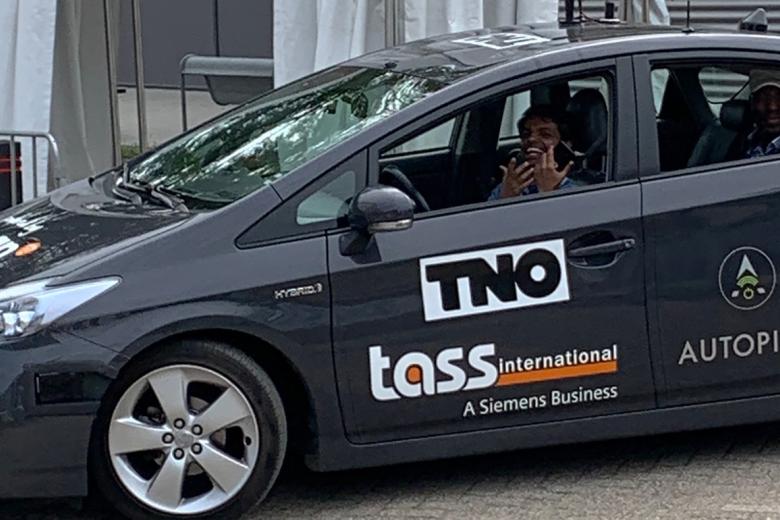Smart mobility and the human factor
Autonomous vehicles driven by a digital supply chain; trucks travelling automatically in convoy, a short distance apart; robots taking over distribution centres - welcome to the future of supply chain management. That future may be closer than you think, as participants in a prestigious Intelligent Transport Systems & Services congress learned last week.
The 13th edition of the ITS European Congress, dedicated to smart mobility and digitalisation of transport, is the largest of its kind. It’s a must-go for professionals interested in the future of mobility and supply chain management. The three-day event offers them opportunities to share their knowledge and expertise, join discussions about innovations and learn about the latest technological advancements and policy developments in Europe.
Among the many high-profile speakers this year were Netherlands Minister of Infrastructure and Water Management Cora van Nieuwenhuizen, European Commissioner Frans Timmermans, Finnish Transport Minister Anne Berner, ERTICO CEO Jacob Bangsgaard and the Director Smart Mobility of Ford Europe, Sarah-Jayne Williams.
[Text continues below photos]
Impressive innovations
The new Brightlands Institute for Supply Chain Innovation (BISCI) also attended. It was invited by one of its partners, TNO, a leading Dutch independent research organisation which connects people and knowledge in order to create sustainable innovations that strengthen Dutch industry and society.
Professor Gaby Odekerken-Schröder, initiator of BISCI and head of Marketing and Supply Chain Management at Maastricht University, was impressed by the level and pace of new developments like intelligent transport systems, smart mobility and other technological advancements in supply chain management.
Studying the human response
“Self-driving cars, truck platooning, robots running distribution centres. Developments in automated traffic and transport are going very fast”, says prof. Odekerken. “The benefits are obvious in terms of traffic flow and traffic safety, CO2 emissions and overall costs. But in a highly automated world, where do people fit in?”
BISCI says it feels invited by TNO to study the human factor in a future world of automated traffic and transport. “What is the human side of all the latest smart and sustainable solutions? How do logistics service providers respond to these new opportunities? And what does all this mean for drivers and other road users? In collaboration with TNO and other partners, BISCI looks forward to contributing to these new challenges and opportunities.”
Also read
-
Green light for UM participation in unique YUFE bachelor programme
The UM can start as a degree awarding partner in the new unique bachelor programme Urban Sustainability Studies offered by YUFE (Young Universities for the Future of Europe), an alliance of ten European universities. This week, the UM received a positive outcome of the macro due diligence assessment...

-
Professor Anouk Bollen-Vandenboorn appointed Knight in the Order of the Crown
Prof. Dr Anouk Bollen-Vandenboorn, Director of the Institute for Transnational and Euregional cross border cooperation and Mobility (ITEM) at the Faculty of Law, Maastricht University, was appointed Knight in the Order of the Crown on 3 July, during a formal ceremony at the Belgian Embassy in The...

-
Study Smart gets Dutch Education Premium
Maastricht University's (UM) interfaculty educational innovation project Study Smart is one of the three winners of the Dutch Education Premium 2025. This was announced on Tuesday during the Comenius festival in The Hague.




